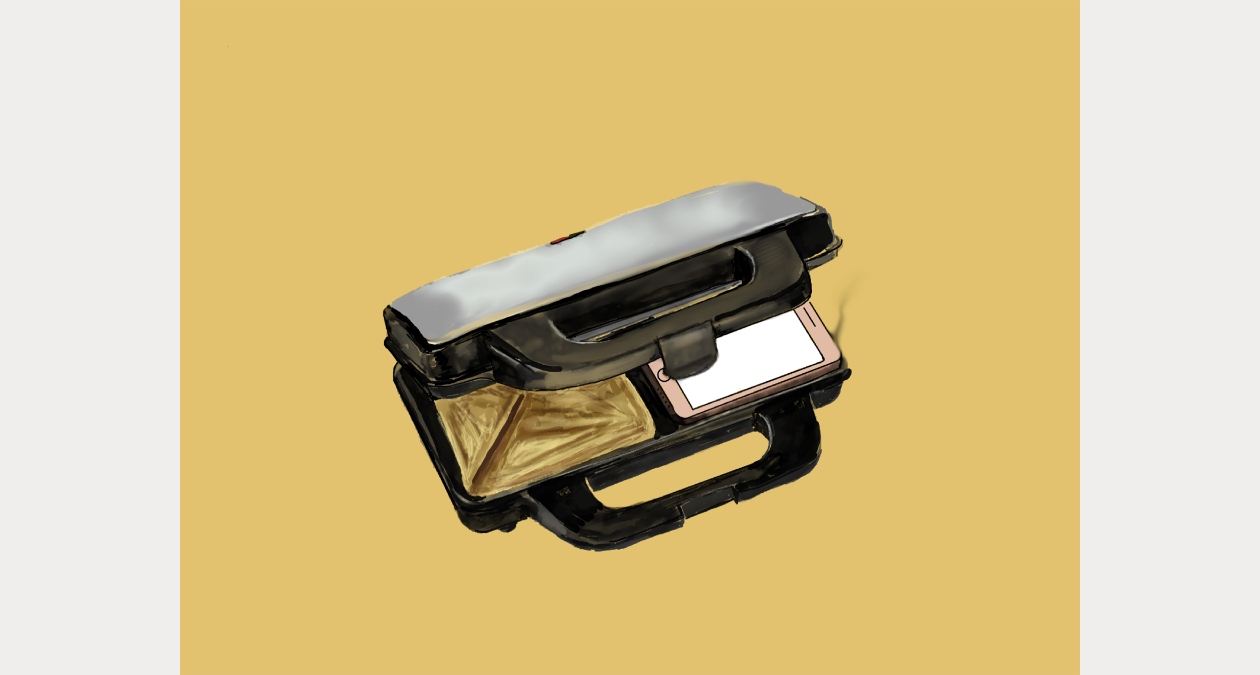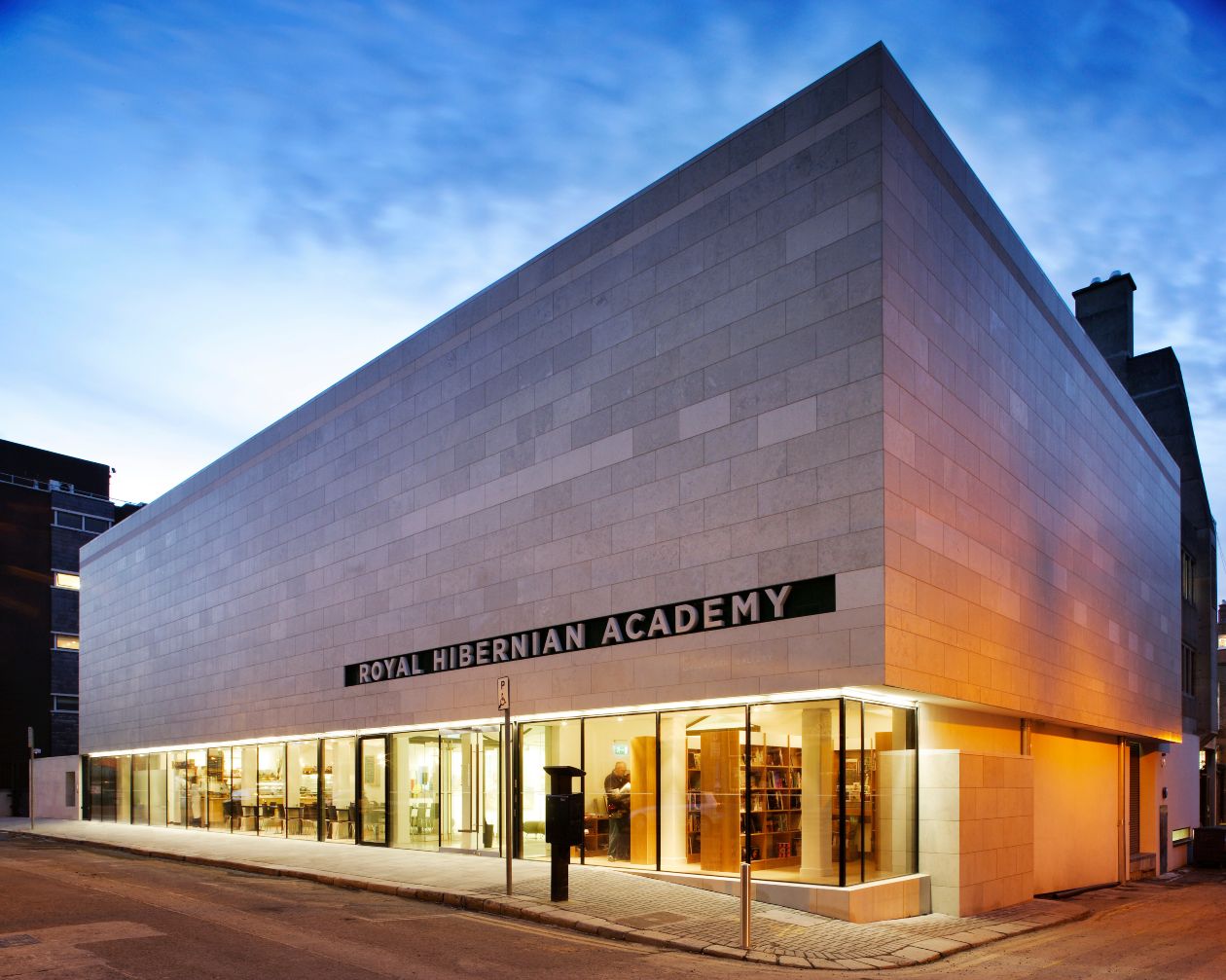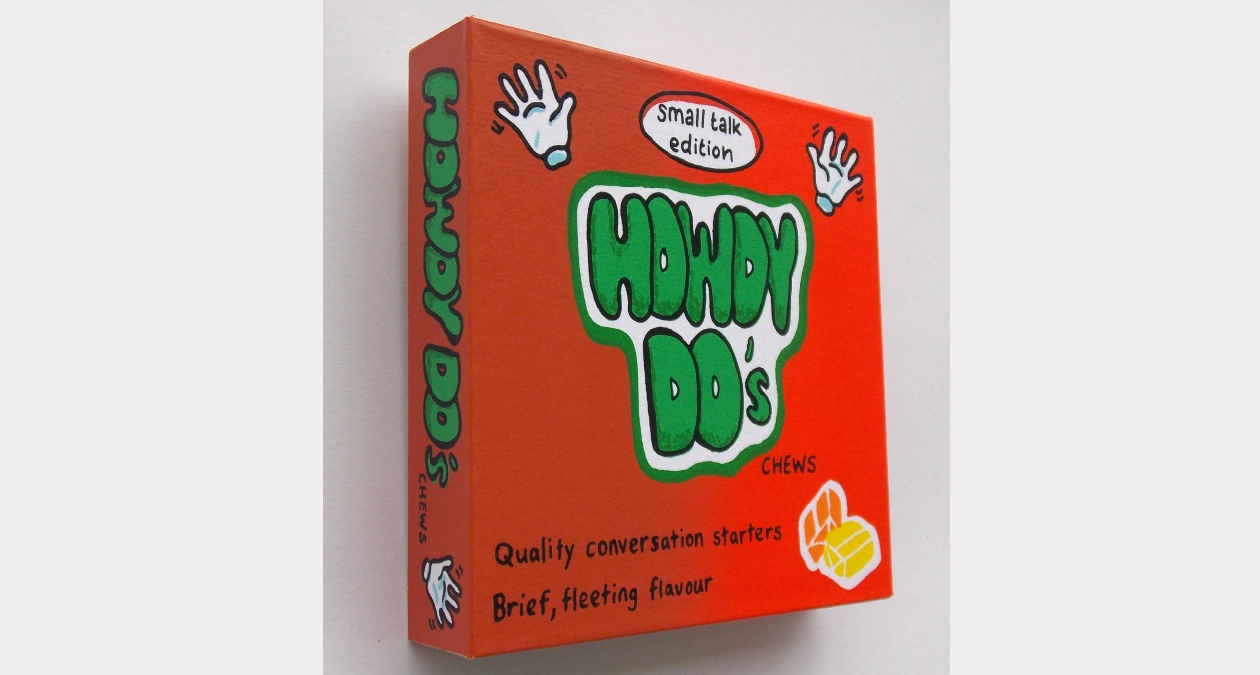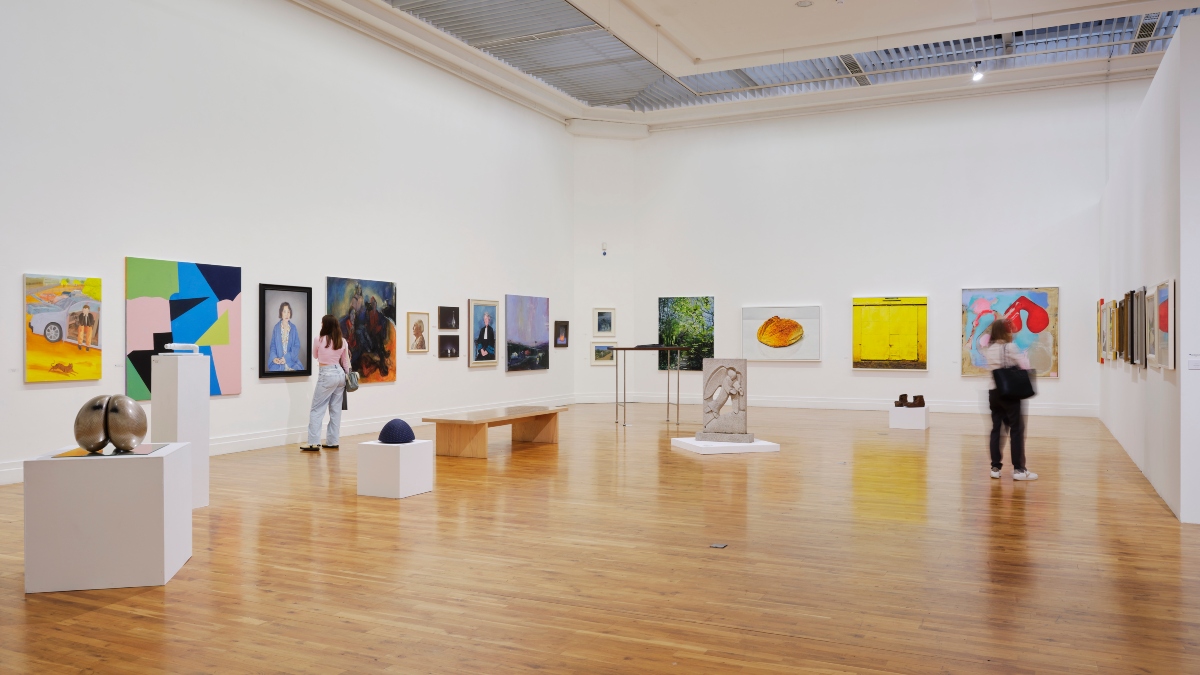During this in-conversation event, Alan Butler and Jennifer Walshe will discuss the making of and motivations behind We are now in the mountains, and they are in us, offering in-depth insights into their individual practices and how they overlap.
This event is free. Booking is essential.
We are now in the mountains, and they are in us looks back at the history of image-making devices over the last 200 years and how they contributed to an objectified conception of what nature is. In this exhibition, the work explores the ways in which the West has depicted the Earth using image-making media that spans across the history of drawing; 19th century methods of chemical photography; painting; lithography; moving image; artificial intelligence; sculpture; streaming devices; video; and game simulations. Evolving from this, Butler explores how the evolution of these modes of representation built the visual languages we use to portray landscape and the material world today.
Biogs
Alan Butler‘s work explores material and philosophical ideas about how imagery and meaning function in technologically mediated realities. His subject often ties together the cultural dogma that underpins visual languages, with algorithmic modes of being in western capitalist societies. Educated at LaSalle College of the Arts, Singapore (2009) and the National College of Art and Design, Dublin (2004). As part of the collective ANNEX he represented Ireland at the Venice Architecture Biennale 2021.
Recent activities include solo exhibitions The Need To Argue In The Master’s Language, Visual Carlow, Ireland (2018); Down and Out in Los Santos, Malmö Fotobiennal, Sweden (2017); HELIOSYNTH, Green on Red Gallery, Dublin (2017); We Were Promised Anarchy, But What We Got Was Chaos, Solstice Art Centre, Ireland (2015); and group exhibitions Open World: Video Games and Contemporary Art, The Akron Art Museum (2019); Digital Citizen: The Precarious Subject, BALTIC Centre for Contemporary Art, UK (2019), Weird Capitalism, Transfer, New York (2018); Back to the Future, C/O Berlin (2018); SITUATIONS/Posthuman, Fotomuseum Winterthur, Switzerland (2018); States of Play: Roleplay Reality, FACT, Liverpool, England (2018); As Above, So Below, Irish Museum of Modern Art, Dublin (2017); Les Rencontres d’Arles, France (2017).
Alan Butler’s work is in the collections of IMMA, The Arts Council of Ireland, and Trinity College Dublin. He is represented by Green On Red Gallery, Ireland and Galerie Conrads, Berlin.
Composer and performer Jennifer Walshe was born in Dublin, Ireland. Her music has been commissioned, broadcast and performed all over the world. She has been the recipient of fellowships and prizes from the Foundation for Contemporary Arts, New York, the DAAD Berliner Künstlerprogramm, the Internationales Musikinstitut, Darmstadt and Akademie Schloss Solitude among others. Recent projects include TIME TIME TIME, an opera written in collaboration with the philosopher Timothy Morton, and THE SITE OF AN INVESTIGATION, a 30-minute epic for Walshe’s voice and orchestra, commissioned by the National Symphony Orchestra of Ireland. THE SITE has been performed by Walshe and the NSO, the BBC Scottish Symphony Orchestra and also the Lithuanian State Symphony Orchestra. Walshe has worked extensively with AI. ULTRACHUNK, made in collaboration with Memo Akten in 2018, features an AI-generated version of Walshe. A Late Anthology of Early Music Vol. 1: Ancient to Renaissance, her third solo album, released on Tetbind in 2020, uses AI to rework canonical works from early Western music history. A Late Anthology was chosen as an album of the year in The Irish Times, The Wire and The Quietus. Walshe is currently professor of composition at the University of Oxford. Her work was profiled by Alex Ross in The New Yorker.
Image:



